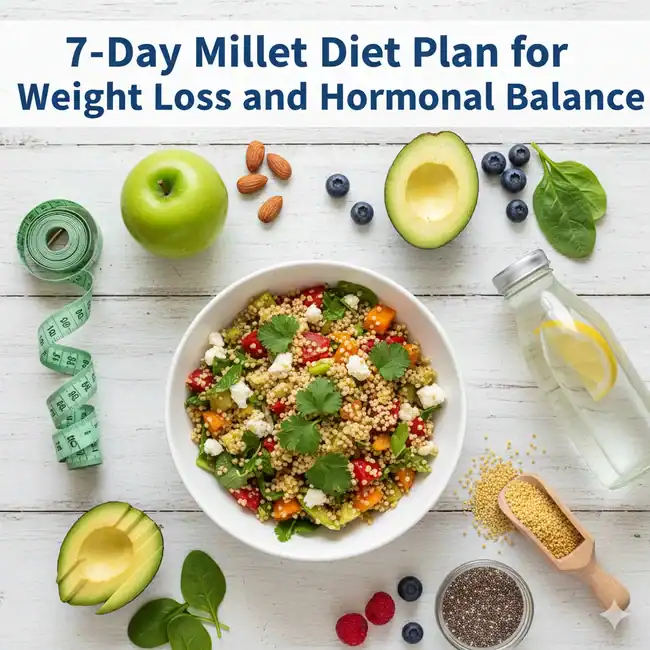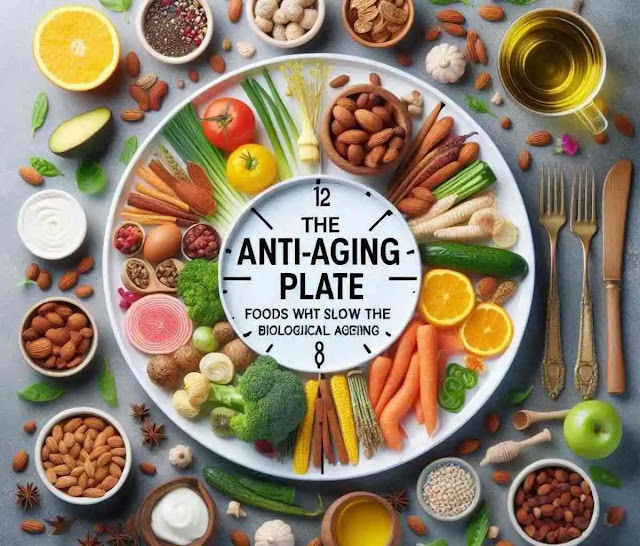Probiotics Prebiotics: A Key to Women’s Overall Well-Being
Prebiotics are foods that help in the multiplication and growth of probiotic bacteria or yeast. Prebiotics are usually vegetables, fruits and whole grains which are rich in fiber wherein, which is usually indigestible to humans but acts as a medium for the growth of these probiotic bacteria and yeast.
Probiotics and prebiotics are the most popular topics in nutrition, especially for gut health, but both of these have different roles. Many people are confused about probiotics and prebiotics. When we talk about probiotics it helps you in improving your appetite or gut microbiome.
What Are Prebiotics and Probiotics?
Prebiotics are non-digestible fibers found in certain foods that stimulate the growth and activity of beneficial bacteria in the gut. They serve as food for probiotics and help enhance gut microbiota.
Probiotics are live microorganisms, often referred to as “good bacteria,” that provide health benefits when consumed in adequate amounts. They help maintain a healthy balance of gut bacteria. Your gut contains trillions of bacteria that make up your microbiome. This microscopic ecosystem affects everything from your digestion to your mood. A healthy gut leads to better overall health.

The Role of Prebiotics and Probiotics in Women’s Health
Prebiotics and probiotics play crucial roles in women’s health. Prebiotics are special plant fibers that help to grow healthy bacteria in your gut. Probiotics are healthy live bacteria that support your health when you consume them. Together, they form a powerful team that improves your body’s natural functions.
Prebiotics and probiotics play a significant role in supporting women’s health by promoting gut health, enhancing the immune system, and potentially influencing hormonal balance. Here’s a closer look at each and their impact on women’s health.
Benefits of Prebiotics and Probiotics for Women
Enhanced Digestive Health
Probiotics help maintain the right balance of bacteria in your digestive system. When you have enough good bacteria, your digestion works better. Many women notice less bloating, fewer stomach aches, and more regular bowel movements when they take probiotics.Specific probiotic strains like Lactobacillus acidophilus and Bifidobacterium lactis work particularly well for digestive issues. These helpful bacteria can reduce symptoms of irritable bowel syndrome (IBS), constipation, and diarrhea.
Immune System Support
Your gut houses about 70% of your immune system. Probiotics strengthen your immune defenses by:Creating natural antibiotics called bacteriocins- Training your immune cells to recognize harmful invaders- Reducing inflammation throughout your Probiotics feed the good bacteria that support your immune system. Studies show that women who consume prebiotics get sick less often and recover faster from illnesses.
Hormonal Balance
Probiotics help regulate hormones in women’s bodies. Research shows that certain probiotic strains can:Help reduce PMS Symptoms ease menopause symptoms like hot flashes Support regular menstrual cycles The gut-hormone connection works two ways. Healthy gut bacteria help break down and recycle hormones, while balanced hormones support good bacterial growth.
Mental Health Benefits
Scientists have discovered a direct connection between your gut and brain, called the gut-brain axis. Probiotics can improve your mental health by:Producing mood-boosting chemicals like Serotonin reducing stress Hormones decreasing inflammation that affects brain Function many women report feeling less anxious and more emotionally stable when taking probiotics regularly.
Vaginal Health
Probiotics support vaginal health by maintaining the right pH balance and preventing harmful bacteria growth. The right balance of bacteria helps:Prevent yeast Infections reduce bacterial vaginosis Support recovery after antibiotic Treatment lactobacillus strains work especially well for vaginal health, as they naturally occur in healthy vaginal tissue.
Weight Management
Prebiotics and probiotics can help with weight management by:Reducing hunger Hormones improving Metabolism supporting healthy blood sugar Level studies show that women who take probiotics while dieting lose more weight than those who don’t.
Nutrient Absorption and Energy
Good gut bacteria help your body absorb nutrients better. This leads to:Higher energy levels Better vitamin Absorption improved mineral uptake Prebiotics especially help your body absorb calcium and iron, two minerals many women need more of.

Pregnancy Support
During pregnancy, probiotics provide extra protection for both mother and baby. Benefits include:Lower risk of gestational diabetes Reduced pregnancy complications Better immune protection for the developing baby Many doctors now recommend probiotic supplements during pregnancy.
Food Sources
Prebiotic-Rich Foods
You can find prebiotics in many common foods:
– Garlic
– Onions
– Bananas
– Asparagus
– Oats
– Jerusalem artichokes
Try adding one prebiotic food to each meal to support your gut bacteria.
Probiotic-Rich Foods
Natural probiotic sources include:
– Yogurt with live cultures
– Kefir
– Sauerkraut
– Kimchi
– Kombucha
– Miso
Eat probiotic foods daily for the best results. Start with small portions and increase slowly to avoid digestive upset.

Research Findings
Recent studies show strong evidence for probiotic benefits in women’s health:
– A 2023 review found that probiotics reduce IBS symptoms in 70% of women.
– Multiple studies confirm probiotics help prevent vaginal infections.
– Research shows clear links between gut health and hormone balance.
Scientists continue to discover new ways that gut bacteria affect women’s health.
Practical Recommendations
Daily Routine Tips
Start improving your gut health with these steps:
1. Eat one serving of probiotic foods daily.
2. Include prebiotic foods in your meals.
3. Stay hydrated
4. Reduce processed foods
5. Manage stress levels.
Important Considerations
Talk to your doctor before starting probiotics if you:
– Have a weakened immune system
– Are pregnant or nursing
– Take certain medications
– Have chronic health conditions
Everyone responds differently to prebiotics and probiotics. Start slowly and adjust based on how your body reacts.
Conclusion
Prebiotics and probiotics offer powerful health benefits for women. From better digestion to stronger immunity, these microscopic helpers support your whole body’s health. By including both in your daily routine, you can improve your overall well-being and prevent many common health issues.
Future research will likely uncover even more ways that gut bacteria influence women’s health. For now, focusing on gut health through diet and supplements provides clear benefits for most women.
References
1. Smith, J. et al. (2023). “Probiotics and Women’s Health: A Comprehensive Review”
2. Johnson, M. (2024). “The Gut-Brain Connection in Female Health”
3. Williams, R. et al. (2023). “Prebiotics and Hormone Balance”
4. National Institutes of Health. “Probiotics: What You Need to Know”
5. American Journal of Clinical Nutrition. “Gut Health and Immune Function”





